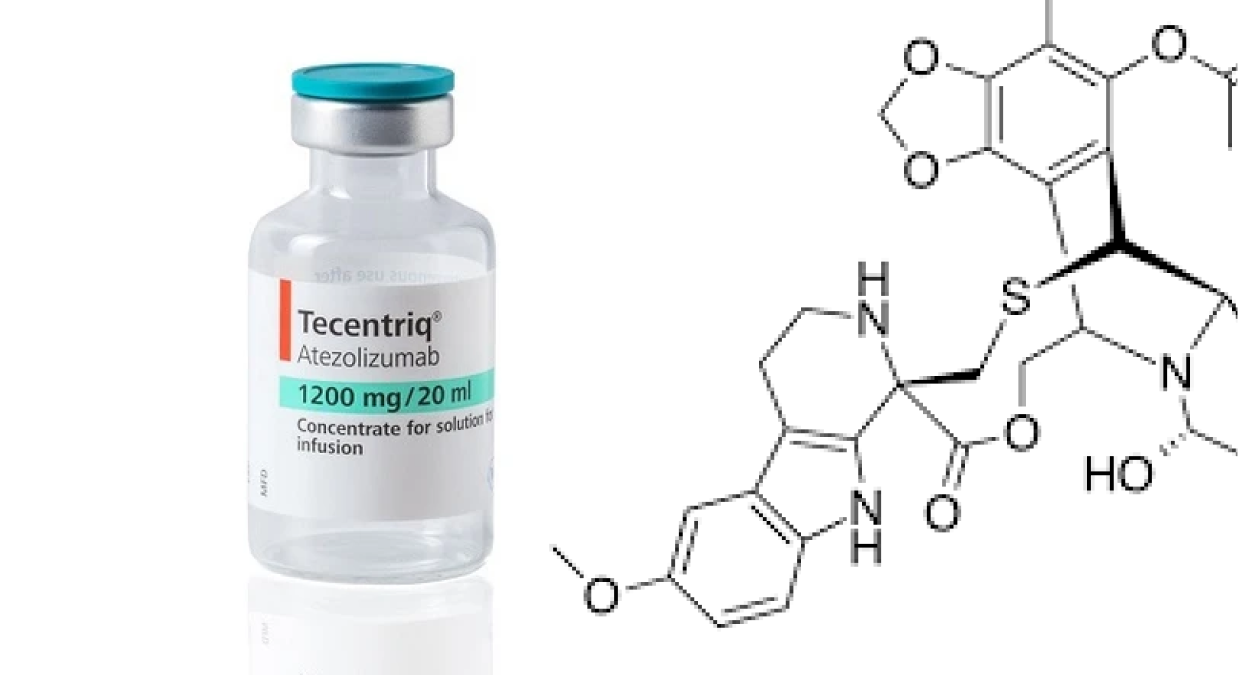Roche’s Tecentriq And Lurbinectedin Combo Significantly Improves Outcomes In Small Cell Lung Cancer
Roche’s Tecentriq + lurbinectedin combo shows strong survival benefit in ES-SCLC Phase III IMforte trial.
Breaking News
Jun 04, 2025
Vaibhavi M.

Roche has announced positive outcomes from the Phase III IMforte trial, where Tecentriq® (atezolizumab) combined with lurbinectedin (Zepzelca®) as first-line maintenance therapy significantly improved outcomes in patients with extensive-stage small cell lung cancer (ES-SCLC). This combination followed induction treatment with carboplatin, etoposide, and Tecentriq.
"Small cell lung cancer is an aggressive and devastating disease. At the time of diagnosis, the large majority of patients have already progressed to extensive-stage disease and only one out of five survive longer than two years. The IMforte results are very encouraging, showing a potentially practice-changing option that could improve survival for patients with a very high unmet need”, said Luis Paz-Ares, MD, PhD, Head of Medical Oncology at the Hospital Universitario 12 de Octubre in Madrid, Spain, and IMforte trial principal investigator.
The trial showed that the Tecentriq-lurbinectedin combo reduced the risk of disease progression or death by 46% and the risk of death by 27% compared to Tecentriq alone. After induction and at randomisation, median overall survival (OS) improved to 13.2 months vs. 10.6 months (HR = 0.73; p = 0.0174), and median progression-free survival (PFS) was 5.4 vs. 2.1 months (HR = 0.54; p < 0.0001). The safety profile remained consistent with the known effects of both drugs.
"In the IMforte study, the Tecentriq and lurbinectedin maintenance regimen significantly extended survival for people living with extensive-stage small cell lung cancer. This study builds on Tecentriq’s well-established safety and efficacy profile as the first immunotherapy for this cancer type and may provide another approach to help physicians and patients better manage this aggressive disease,” said Levi Garraway, MD, PhD, Roche’s Chief Medical Officer and Head of Global Product Development.
These results support Tecentriq + lurbinectedin as a more effective maintenance strategy for ES-SCLC, a disease known for poor prognosis and high relapse rates. The findings could potentially establish a new maintenance standard of care following chemotherapy plus immunotherapy induction.
